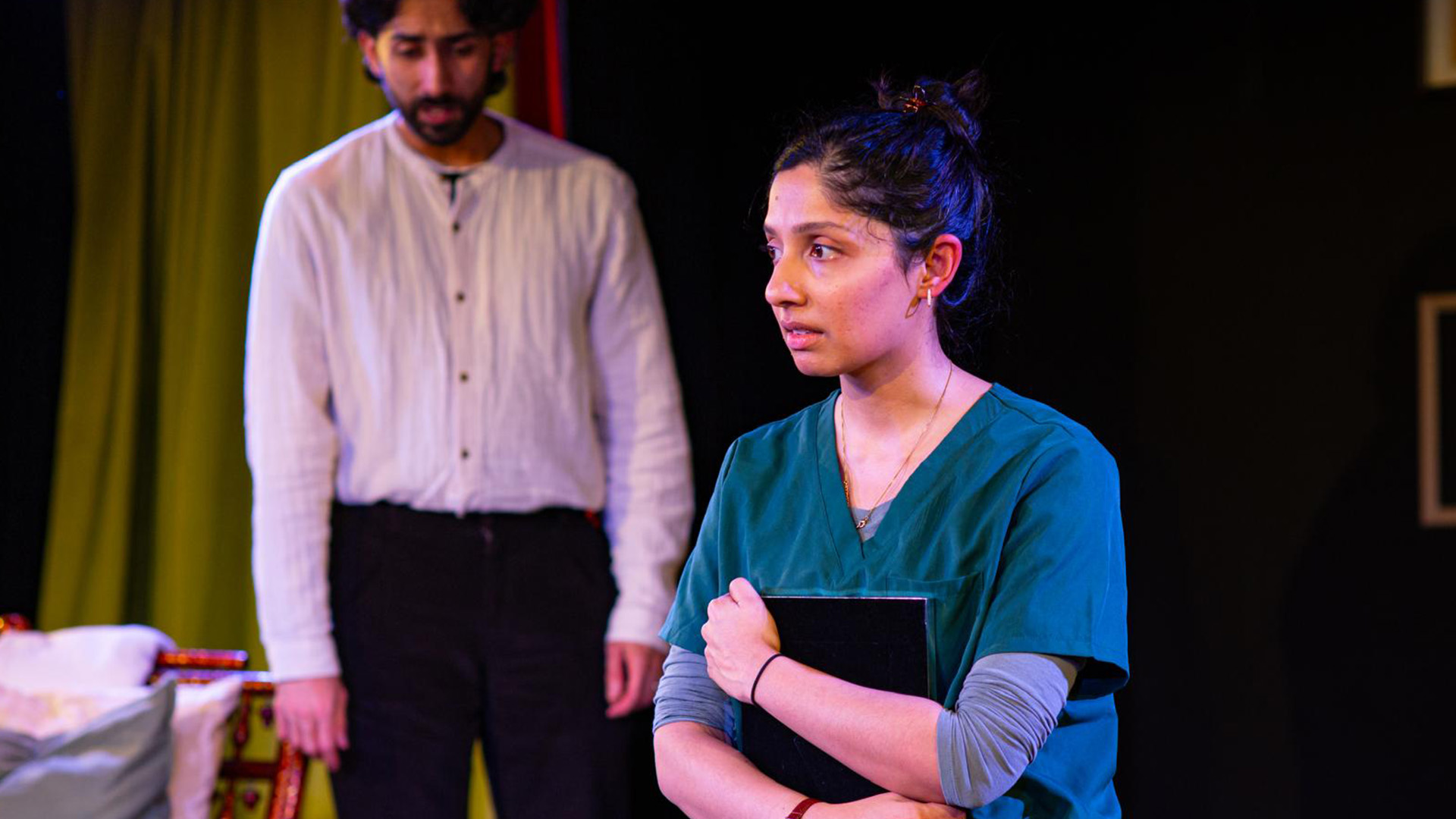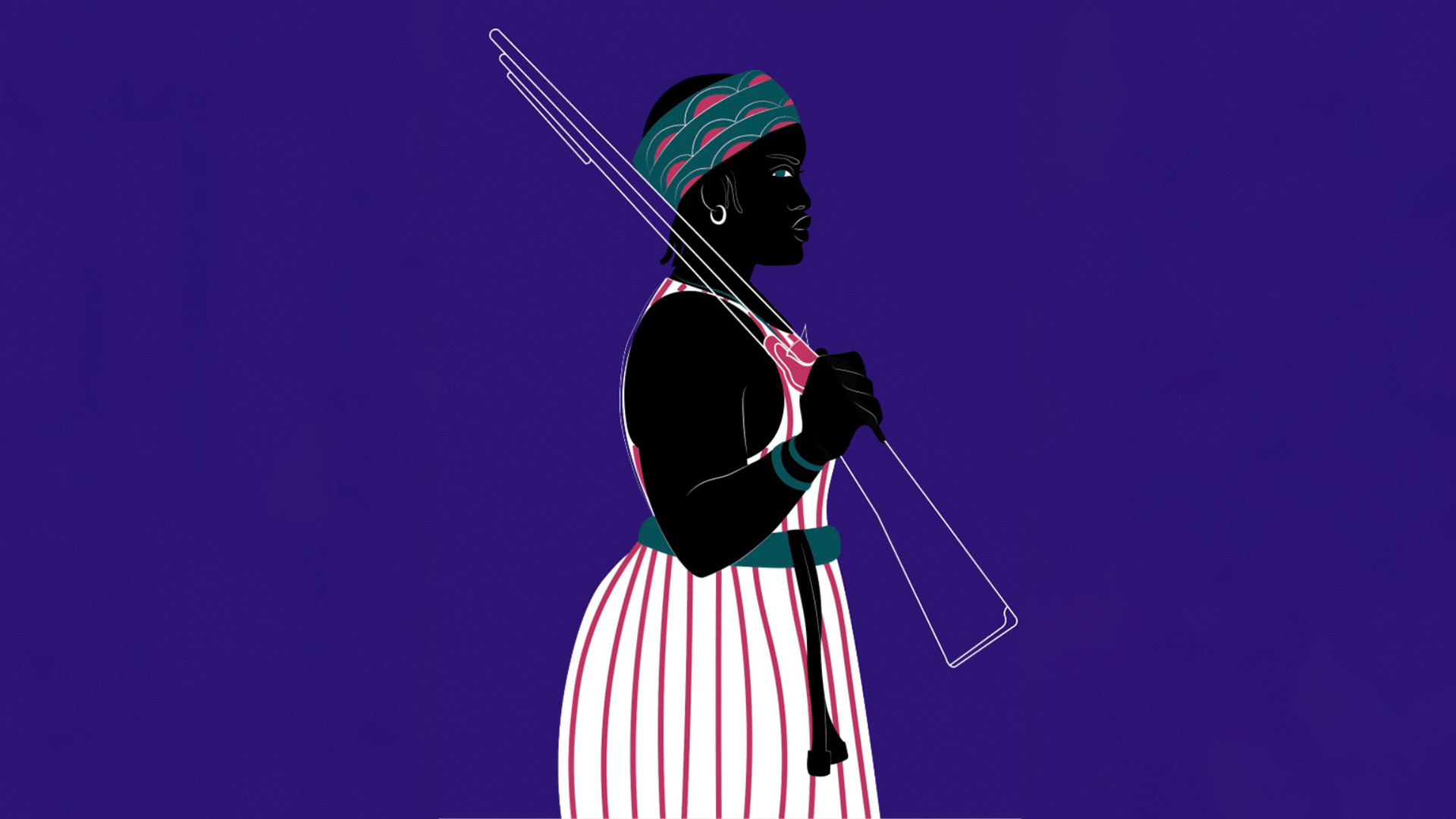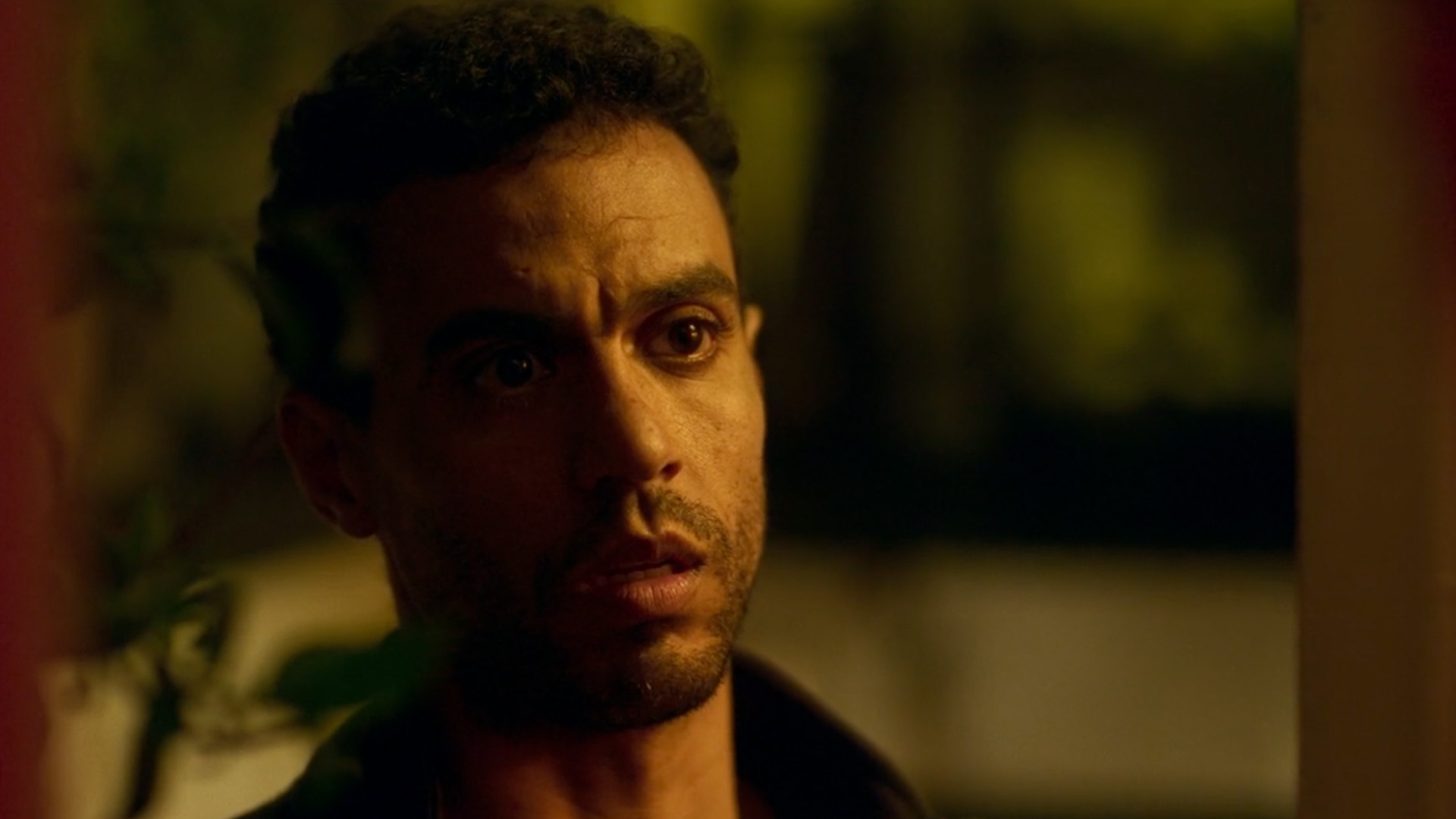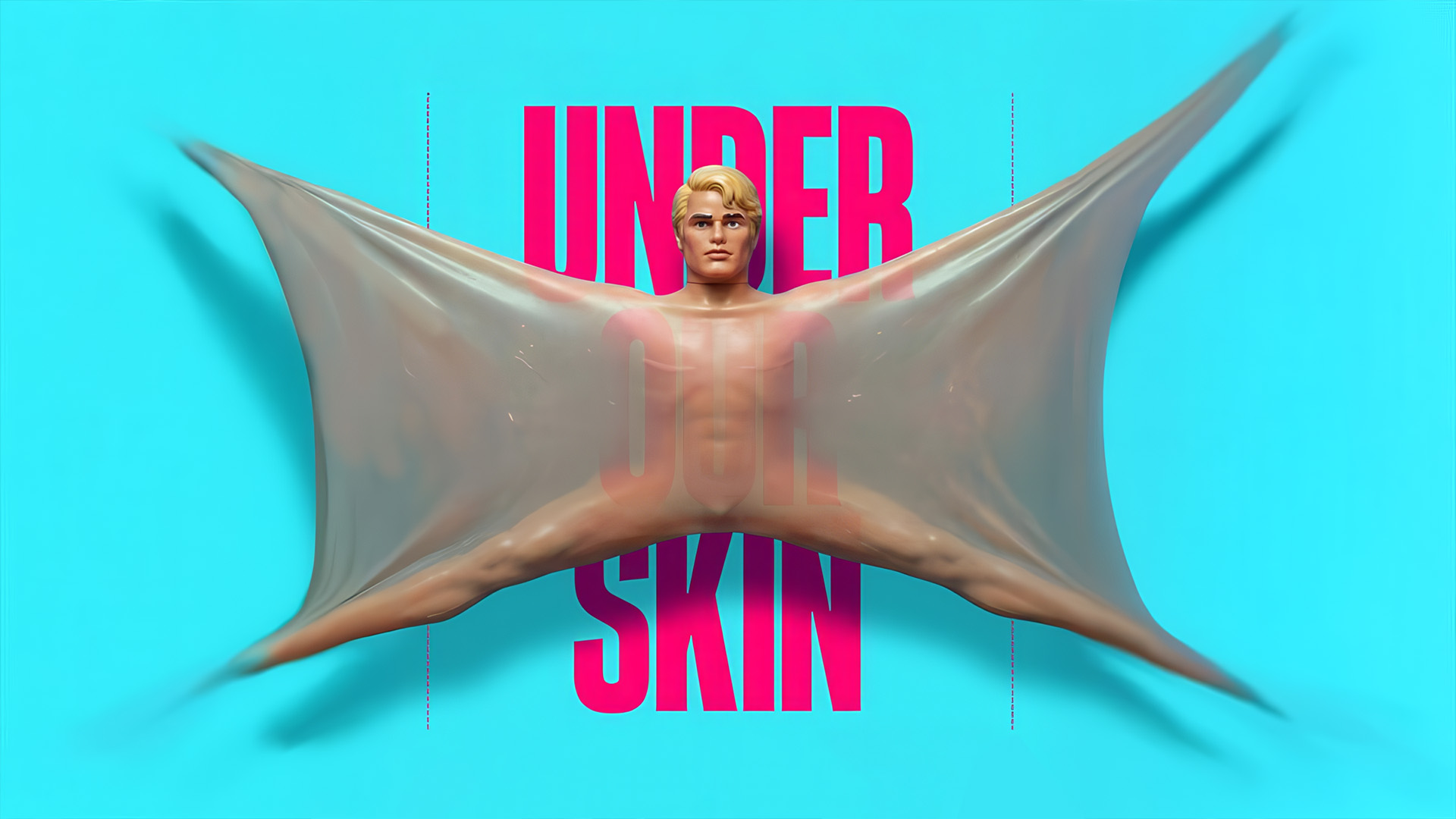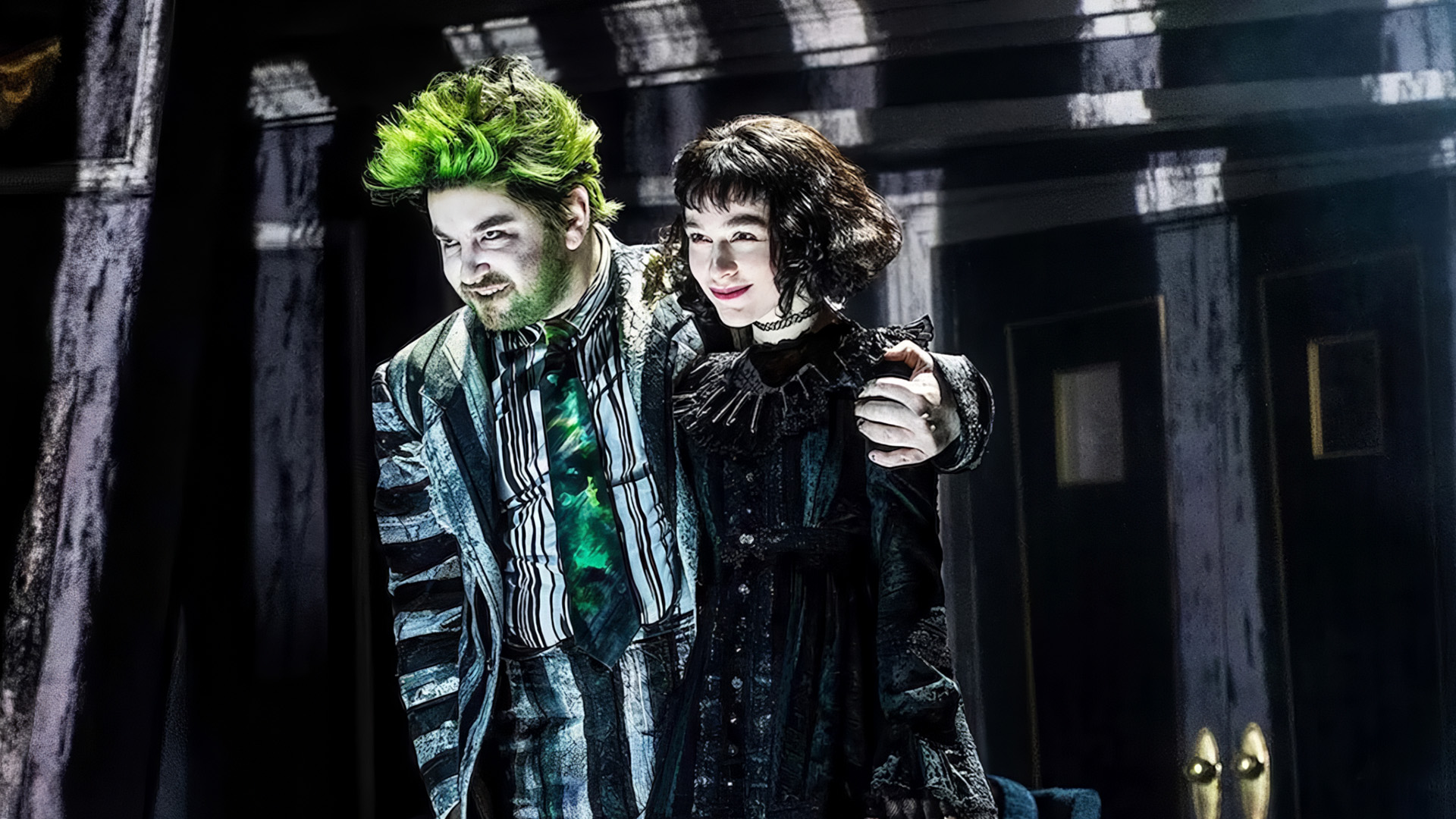Queer 70s: A Film Season Looks Back at the Decade After Stonewall
LGBTQ+ cinema retrospective at Barbican Centre, London — 11 June to 16 July 2025
Queer 70s: A Film Season Looks Back at the Decade After Stonewall

There is something striking about watching a revolution play out in hindsight. You already know the battles were hard, the wins fragile, and the joy urgent. But what Queer 70s at the Barbican captures is something more intimate. It offers a space to witness how queer life pulsed, flickered, and stretched into something new after the riot smoke cleared.
Running from 11 June to 16 July, the season brings together a collection of films that speak from different corners of the world, created in the decade after Stonewall. They range from playful and erotic to quiet and experimental, from raw portraits of desire to films that dared to imagine queer futures in times when simply existing was already radical.
Barbara Hammer’s She’s Beautiful, Sexy, Angry and Liberated! opens the programme with a tribute to lesbian sensuality, community and resistance. Featuring key shorts like Dyketactics, Superdyke, Women I Love and Double Strength, the event also includes a poetic homage by Deborah Stratman and live readings. Hammer’s fearless filmmaking carved space for queer women to see themselves, on their own terms, with joy, lust, and honesty.
In Bye Bye Love, a rediscovered Japanese film from 1974, a genderfluid runaway teams up with a rebellious man in a wild, violent road trip. Together, they dodge the police, question authority, and build a chaotic kind of queer partnership. It is punk, provocative, and pulsing with the energy of a decade losing faith in its heroes.
%2C%20Dir.%20Isao%20Fujisawa%2C%201974.png)
The Set from Australia follows a young man drawn into Sydney’s art scene, exploring his bisexuality in a society where being gay was still illegal. Camp and intense, it shows queerness blooming in hostile environments, caught between desire and social survival.

Ulrike Ottinger’s Ticket of No Return is a strange and glamorous journey through West Berlin, led by a mysterious woman who drinks her way across the city. Along the way, she begins a tender relationship with another woman. Pop icons drift in and out of the frame, and a Greek chorus comments from the sidelines. It is odd, bold, and quietly romantic.
Car Wash, the most commercial film in the programme, is set in a funky LA car wash filled with characters on the edge. Among them is Lindy, a fiercely proud queer man played by Antonio Fargas, who stands his ground with wit and flair. It is a reminder that queer presence has always existed in the margins, even in places no one thought to look.
From India, Badnam Basti explores a love triangle between a truck driver, a woman he rescued, and a male companion whose relationship deepens into something more. Quiet and reflective, it was long thought lost, and its reappearance is a gift. The story whispers rather than shouts, and in doing so, it says a lot.

In Je Tu Il Elle, Chantal Akerman turns the camera inward. She plays a woman drifting between solitude, brief encounters, and a final reunion with an ex-lover. Their long, unflinching sex scene remains one of the most intimate depictions of queer desire in cinema. The film is stark, quiet, and powerful in its stillness.

My Dearest Senorita, made under Franco’s regime in Spain, tells the story of Adela, a woman who realises she was assigned the wrong sex at birth. After transitioning, she tries to find a new path as Juan. It is a rare and deeply moving look at intersex identity, created in a country that tried to silence anything outside the norm.
A Woman Like Eve follows a mother who falls in love with another woman and leaves her marriage behind. What follows is a custody battle and a fight to be seen, not only as a mother, but as a woman deserving of love on her own terms. Directed by Nouchka van Brakel, it is tender and clear-eyed, holding space for joy as well as pain.
%2C%20Dir.Nouchka%20van%20Brakel%2C%201979%20.png)
In Adam and Yves, Peter de Rome offers a poetic gay porn film set in Paris, filled with sex, humour, and a sense of quiet romance. There is even a brief appearance by Greta Garbo, caught on film by accident. It is joyful, intimate, and unapologetically queer.
And finally, Sebastiane by Derek Jarman reimagines the story of Saint Sebastian in Latin, with aching bodies, sunburnt violence, and a deep homoerotic gaze. It is strange and sensual, full of yearning and defiance, and unlike anything British cinema had seen before.

These films are not just historical artefacts. They are living traces of what it meant to be seen, to resist, to desire. What makes this season feel so alive is not just the work on screen, but the way it speaks to now. We are still asking who gets to tell our stories, how we survive erasure, and what intimacy looks like in public and private spaces.
Queer 70s invites us not to look back with nostalgia, but with care and attention. It is a chance to sit with the people who came before us, to see what they dared to imagine, and to feel the ways in which those dreams still shape us today.
The season runs from 11 June to 16 July 2025 at Barbican Centre, Silk Street, London EC2Y 8DS.
Tickets and full programme available at barbican.org.uk.
#TheFlickerMagazine #Queer70s #LGBTQCinema #BarbicanLondon #PrideMonth2025 #QueerFilmHistory

Get weekly updates
.png)
Join Our Newsletter
Get a weekly selection of curated articles from our editorial team.



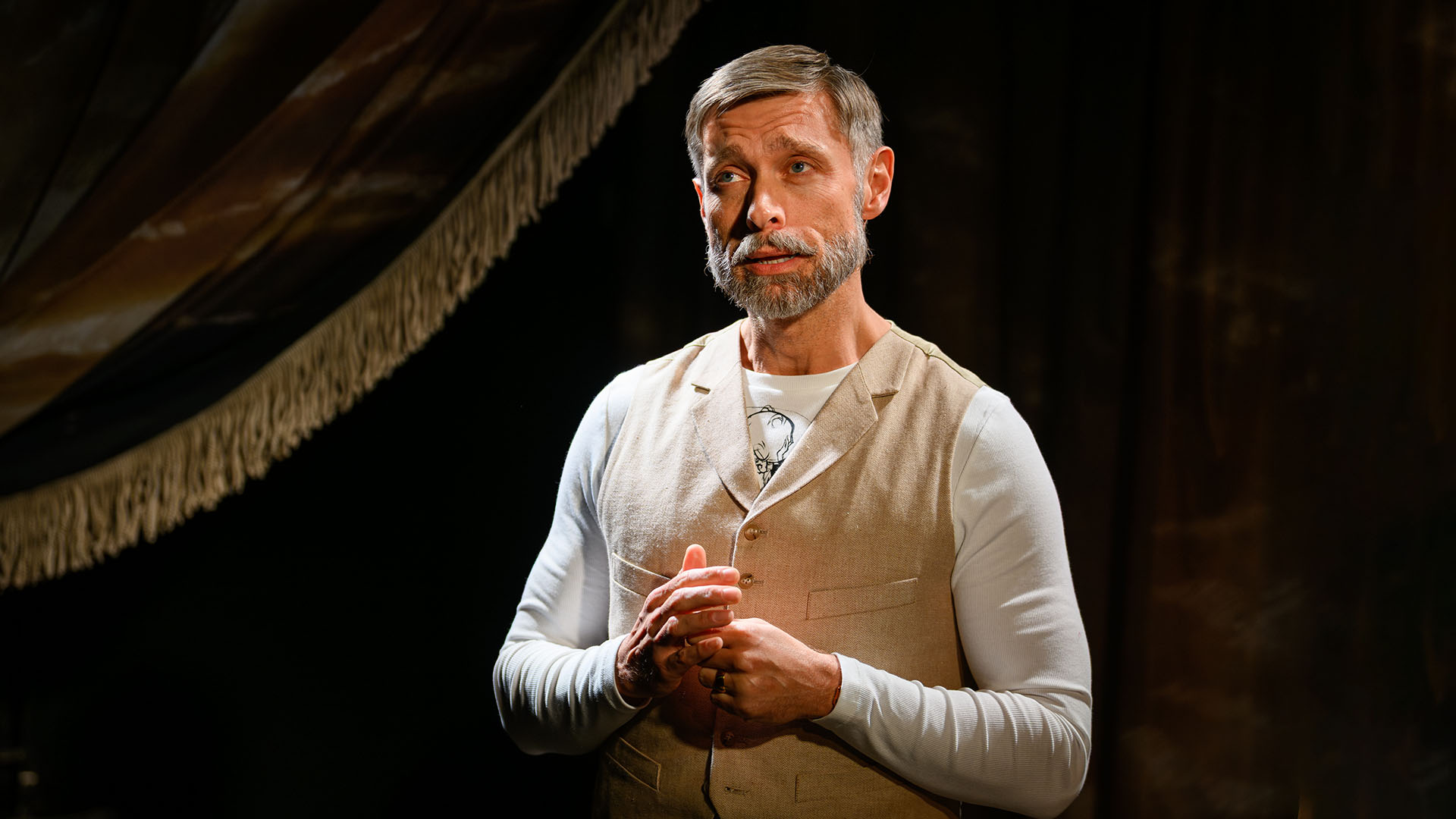
.svg)


